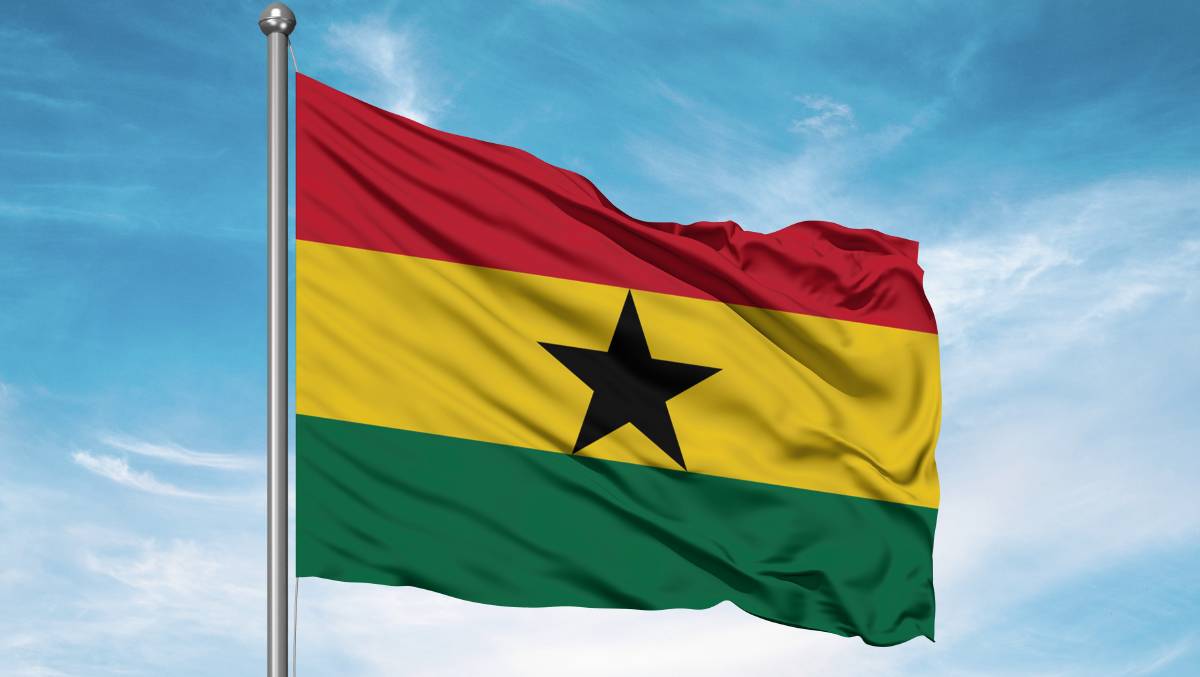The World Bank’s latest April 2023 Africa Pulse Report highlights the dire state of Ghana’s debt crisis.
Contrary to the government’s claims of reaching an agreement with its creditors, the report notes that Ghana is yet to make progress with the G20 Common Framework Debt Treatment with its bilateral creditors, including the Paris Club.
The failure to make headway with the debt treatment programme is a cause for concern for the West African nation, which has been grappling with a severe debt burden that has been exacerbated by the COVID-19 pandemic.
The World Bank report warns that Ghana’s debt levels and vulnerabilities remain high and could worsen, especially for countries that have lost access to the credit market and are in or at risk of debt distress.
In the absence of a comprehensive and well-coordinated solution for countries in debt distress, high liquidity and solvency pressures may push more countries into an unsustainable situation that requires a restructuring of their obligations. The report suggests that the international community needs to find more adequate ways to speed up debt treatments, strengthen current resolution mechanisms and set additional instruments in motion to address potential debt crises.
The failure to make progress with the G20 Common Framework Debt Treatment is a worrying sign for Ghana, which has been struggling with a ballooning debt burden in recent years.
According to the report, rising debt levels and vulnerabilities could worsen, especially for countries that have lost access to the credit market and are in or at risk of debt distress. If not addressed, the report warns that debt dynamics could escalate into a full-blown crisis, setting countries even further back.
The report underscores the urgent need for African economies, including Ghana, to increasingly rely on their own policy reforms and domestic space for action in three critical areas. Firstly, restoring macroeconomic stability is essential for growth.
Raising interest rates and avoiding policy conflicts that reduce the effectiveness of monetary transmission are crucial to reducing inflation to target levels. Secondly, structural reforms that foster private investment should be at the top of the pro-growth policy agenda of countries in the region.
A premium should be put on policy measures that boost long-term competitiveness, including actions to improve market contestability and promote a sound regulatory framework. Thirdly, African policy makers need to seize the opportunities that are available to them during the low carbon transition.
The World Bank report’s recommendations echo concerns raised by several financial analysts and international bodies regarding the need for African economies to implement sustainable debt management practices. The report’s findings are a wake-up call for Ghana to urgently address its debt crisis and implement sustainable policy measures that foster growth and macroeconomic stability. Failure to do so could further weaken the country’s economy and hamper its efforts to recover from the COVID-19 pandemic.
Source: norvanreports





